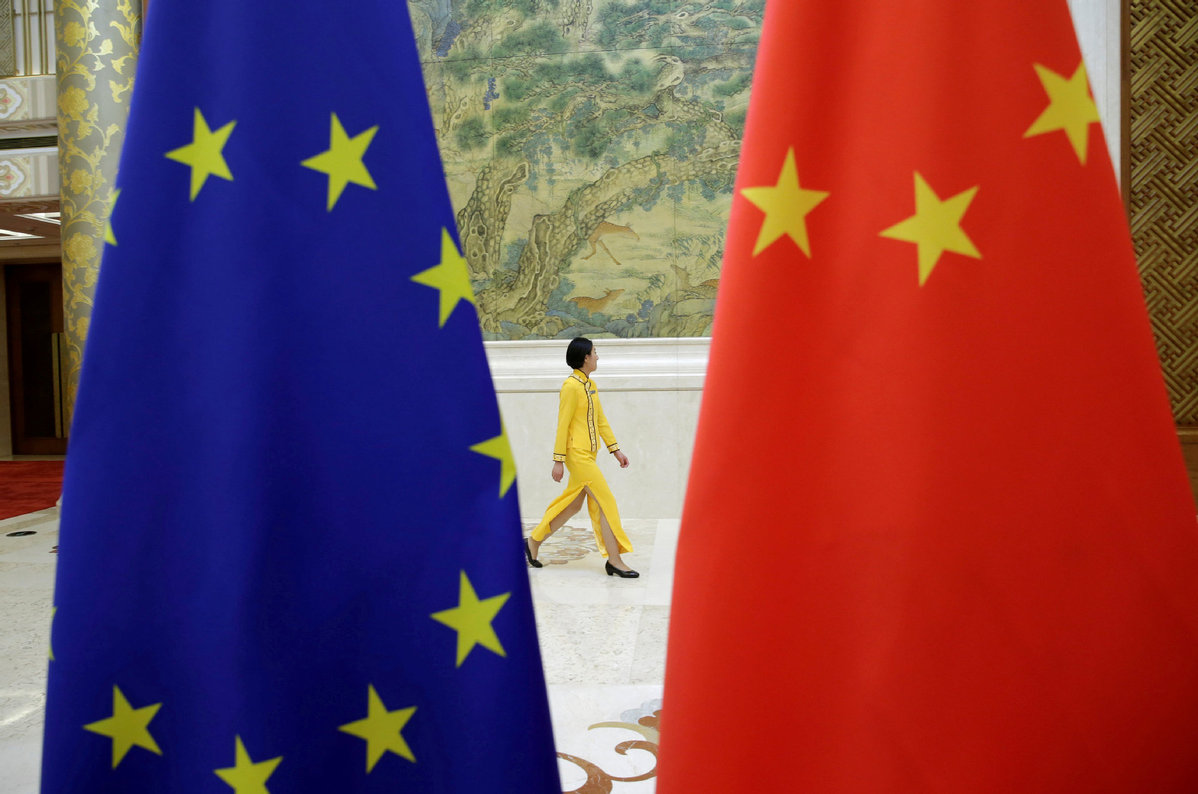China works with EU, Japan to save multilateralism


Vice-Premier Liu He and European Commission Executive Vice-President Valdis Dombrovskis co-chaired the 8th China-EU High-level Economic and Trade Dialogue via video link on Tuesday.
The two sides recognized the progress in the bilateral investment agreement negotiations, especially on the issue of fair competition, and promised to continuously strengthen supervision and accelerate discussions on the remaining issues to complete the negotiations within the year.
The two sides have achieved major breakthroughs on some contentious issues, increasing the possibility of finalizing an investment agreement this year.
Meanwhile, in a phone call with Japanese Foreign Minister Toshimitsu Motegi on Wednesday, State Councilor and Foreign Minister Wang Yi stressed that China and Japan, as defenders and promoters of multilateralism and free trade, should continue to support multilateral mechanisms such as the World Trade Organization and make greater efforts to ensure the signing of the Regional Comprehensive Economic Partnership within this year.
Motegi said Japan hopes to work with China to promote bilateral ties and support an early signing of the RCEP.
In recent years, China has been actively promoting talks on the China-EU investment agreement and the RCEP. According to a consensus arrived at last year, the China-EU investment agreement should be concluded, and the RCEP signed, within this year.
As the novel coronavirus pandemic has spread around the world, it has become a severe test for countries to work together to stabilize global economic, financial and market expectations, promote global economic recovery and ensure the safety of the supply chains and smooth flow of trade.
The RCEP concluded negotiations last year and there are no trade conflicts among its members except India, which decided not to join. As a new division of labor and supply chain are being formed between China and the ASEAN, and regional economic integration is being consolidated, the signing of the RCEP will greatly enhance economic integration in the region.
Both China and the EU have a strong desire to conclude the years of negotiations to arrive at an investment agreement. China has so far signed 26 bilateral investment deals with 28 EU member states, and it should not be that difficult to sign a comprehensive investment agreement with the bloc. However, there are obstacles on a few key issues that need to be ironed out.
Both sides should firmly support the rules-based multilateral trading system with the WTO at its core and oppose unilateralism and protectionism.
The EU should know that as the world's second-largest economy, China has entered the stage of industrial and consumption upgrading, and the EU, with its industrial advantages, can deepen cooperation with China to add strong impetus to its own economic recovery.


































